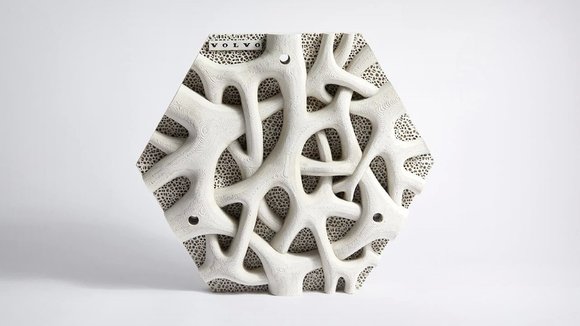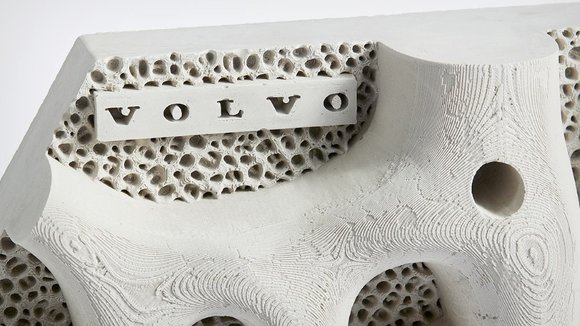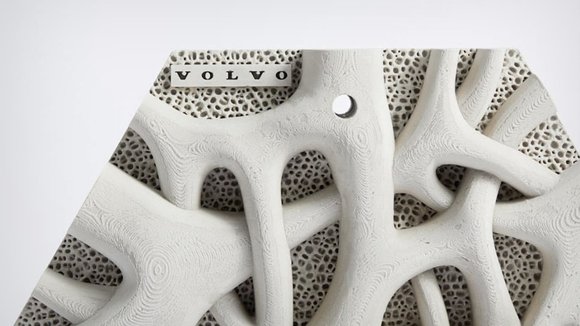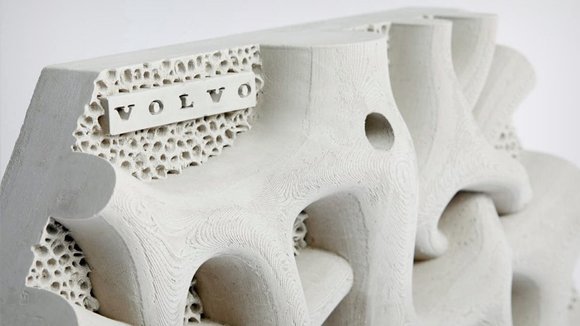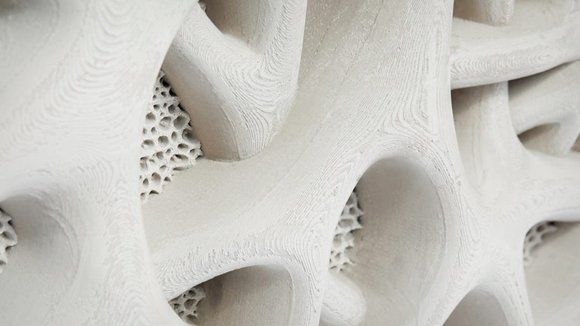1/5
Volvo is 3D printing mangrove-textured tiles to save our oceans
An unlikely yet enthusiastic new member of the save-the-oceans movement is the Swedish carmaker Volvo. Committed to the concept of ‘omtanke’, the Swedish word for ‘caring’ and ‘consideration’, Volvo is partnering with the Sydney Institute of Marine Sciences and the Reef Design Lab to make our oceans healthy again.
Research shows that every minute, a truckload of plastic waste is dumped in our oceans, and mankind has reached a point where reversing that action is far from imaginable. Volvo’s effort towards making our oceans healthy again starts with its ban on single-use plastics globally across all offices, canteens, factories, and events by the end of 2019, but its larger plan is to reverse the negative effects of plastic pollution rather than just cut down on it. In comes the Living Seawall, Volvo’s project to repopulate micro-biodiversity in the ocean.
More than half of Sydney’s shoreline is artificial, inhibiting the growth of microorganisms that keep our oceans healthy. Volvo plans to spurt the growth of these microorganisms by bringing a touch of biomimicry to these artificial seawalls with the Living Seawall project. The Living Seawall is comprised of hexagonal tessellated tiles that sport a complex, interwoven structure that mimic the roots of a mangrove forest. The concrete tiles are first cast using a 3D printed mold, and then mounted on man-made seawalls across Sydney, promoting the growth of microorganisms (they take to the tiles as they would to mangrove roots) that constantly feed on ocean water, purifying it of toxins, chemicals, and even minute particulate matter. Each tile provides an ample amount of surface area to house billions of microorganisms that work in unison, and this wall of 50 tessellated tiles are kept there for a period of 20 years as scientists and researchers study and monitor organism growth and its effect on water quality for the decades to come.
It isn’t feasible or even practical to significantly remove pollutants from water bodies as vast as the ocean, but Volvo’s plan is to promote the growth of flora and fauna that will empower the ocean’s biodiversity so the ocean can actively purify itself. Check out the design process video below.
Designers:
, Sydney Institute of Marine Sciences &
.
发布于2019-02-27
设计师
Volvo , Sydney Institute of Marine Sciences & Reef Design Lab .
颜色
相关推荐
